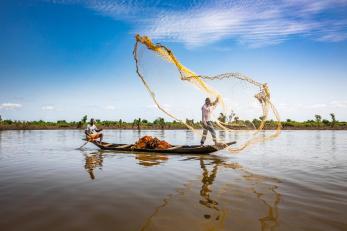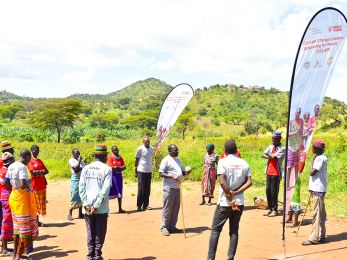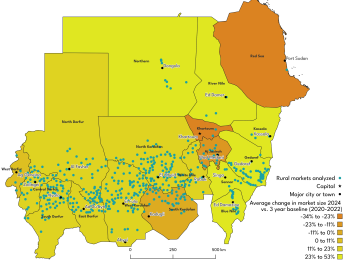Advancing Peace in Complex Crises

Background
The world’s crises are becoming more complex and protracted, and at the heart of these crises is conflict, which drives 80% of all humanitarian needs. In order to effectively respond in these emergencies, we therefore have to break the cycles of violence that are causing and prolonging them. Mercy Corps developed the Advancing Peace in Complex Crises (APCC) framework, to support actors working in complex crises to better mitigate violence and advance peace within and across humanitarian, development and peacebuilding efforts. Complementing wider initiatives around the Humanitarian-Development-Peace Nexus, APCC places an emphasis on the peace component.
Framework
Mercy Corps applies the APCC framework at different levels depending on the circumstances; ranging from meeting the minimum standards of conflict sensitivity in a humanitarian response, to connecting transformational peacebuilding and economic development. Thereby, APCC is made up of three components:
- Conflict sensitive humanitarian action
- Violence reduction and prevention in the short- and medium-term
- Development and peacebuilding to address underlying causes of conflict
Localisation at the Heart of APCC
Across the world, people feel a disconnect with the structures and systems that exist to serve them. This is just as true of citizens’ relationship with their governments as it is of the interaction between local communities and aid actors. In order to advance peace we must therefore empower community members to take part in and lead on the decisions and initiatives that affect them. Thereby, the central principle running through APCC is the need to promote local ownership and empowerment in everything we do. Ultimately, APCC’s vision is that the way to advance peace in a complex crisis is to put local communities first, and for all actors to work together to address the interconnected economic and social factors that cause crises in the first place.


